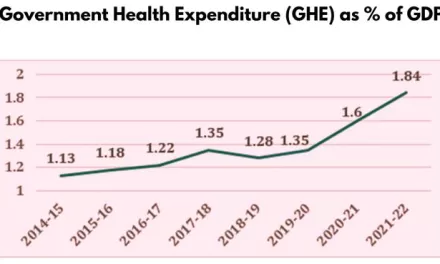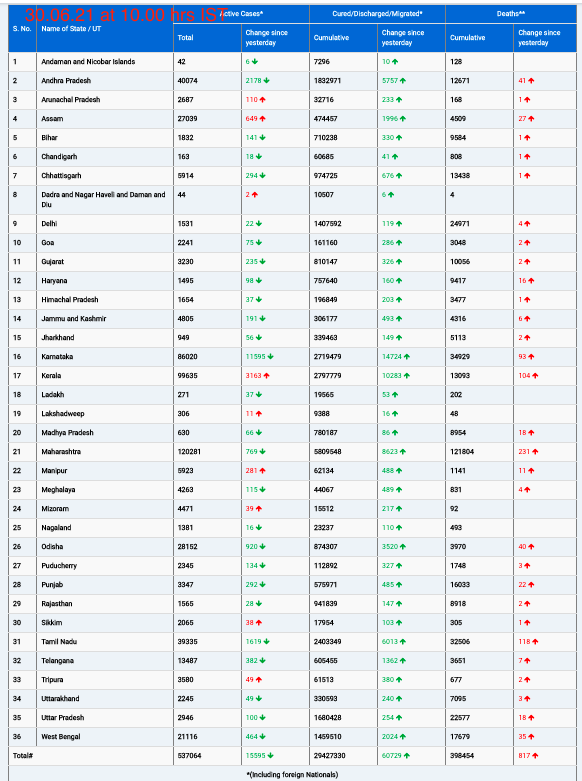A consortium of infectious disease specialists from the University of California Davis (UC Davis), Harvard University, and Massachusetts General Hospital has issued a resounding call to action, urging the medical community to brace itself for the escalating impact of climate change on disease transmission and outbreaks.
Led by senior author George R. Thompson, a professor of medical microbiology and immunology at UC Davis, the study underscores the urgent need for heightened awareness and preparedness among healthcare professionals to confront the evolving landscape of infectious diseases.
“Infectious diseases are dynamic and responsive to changes in the environment, including climate change,” stated Thompson. “Clinicians need to be equipped to navigate these shifts effectively to safeguard public health.”
The study highlights the growing threat posed by emerging pathogens, emphasizing the pivotal role of healthcare practitioners in mitigating these challenges through enhanced education, training, and proactive measures against global warming.
Matthew Phillips, lead author of the study and an infectious diseases fellow at Massachusetts General Hospital and Harvard Medical School, underscored the importance of maintaining vigilance in the face of diseases on the move. “A high index of suspicion is crucial, as diseases once confined to specific regions are now spreading to new areas and emerging at unexpected times,” said Phillips.
Among the key concerns outlined in the study are vector-borne diseases, including dengue, malaria, and Zika, which are being exacerbated by changing precipitation patterns and warming climates. The researchers warn that conditions traditionally associated with warmer months, such as tick-borne diseases, are now extending into colder seasons and expanding their geographical range.
“Increasing tick activity and the spread of diseases like Lyme disease are clear indicators of the impact of climate change on disease transmission,” noted Phillips.
The study also highlights the shifting patterns of zoonotic diseases, such as the plague and hantavirus, which are increasingly encroaching upon human populations due to changes in animal migration patterns and habitat disturbances.
Furthermore, the researchers underscore the unpredictable nature of infectious diseases, citing the emergence of fungal pathogens like Candida auris and the geographical spread of diseases like Valley fever as examples of the dynamic interplay between climate change and disease transmission.
In light of these challenges, the study advocates for stronger infectious disease surveillance systems and calls for comprehensive training programs to empower clinicians to anticipate and identify changes in infectious disease patterns more effectively.
“Preparation is key in mitigating the impact of climate change on public health,” emphasized Phillips. “By advocating for policies that address climate change and strengthening our surveillance and response capabilities, we can better protect communities against the threats posed by infectious diseases.”
The collaborative effort underscores the urgency of a unified and informed response from the medical community to address the growing nexus between climate change and infectious diseases, underscoring the need for a multifaceted approach that encompasses education, surveillance, and policy advocacy to safeguard public health in an era of environmental uncertainty.
The findings of the study are published in the journal JAMA, serving as a clarion call for action amidst the evolving challenges posed by climate change on global health.












